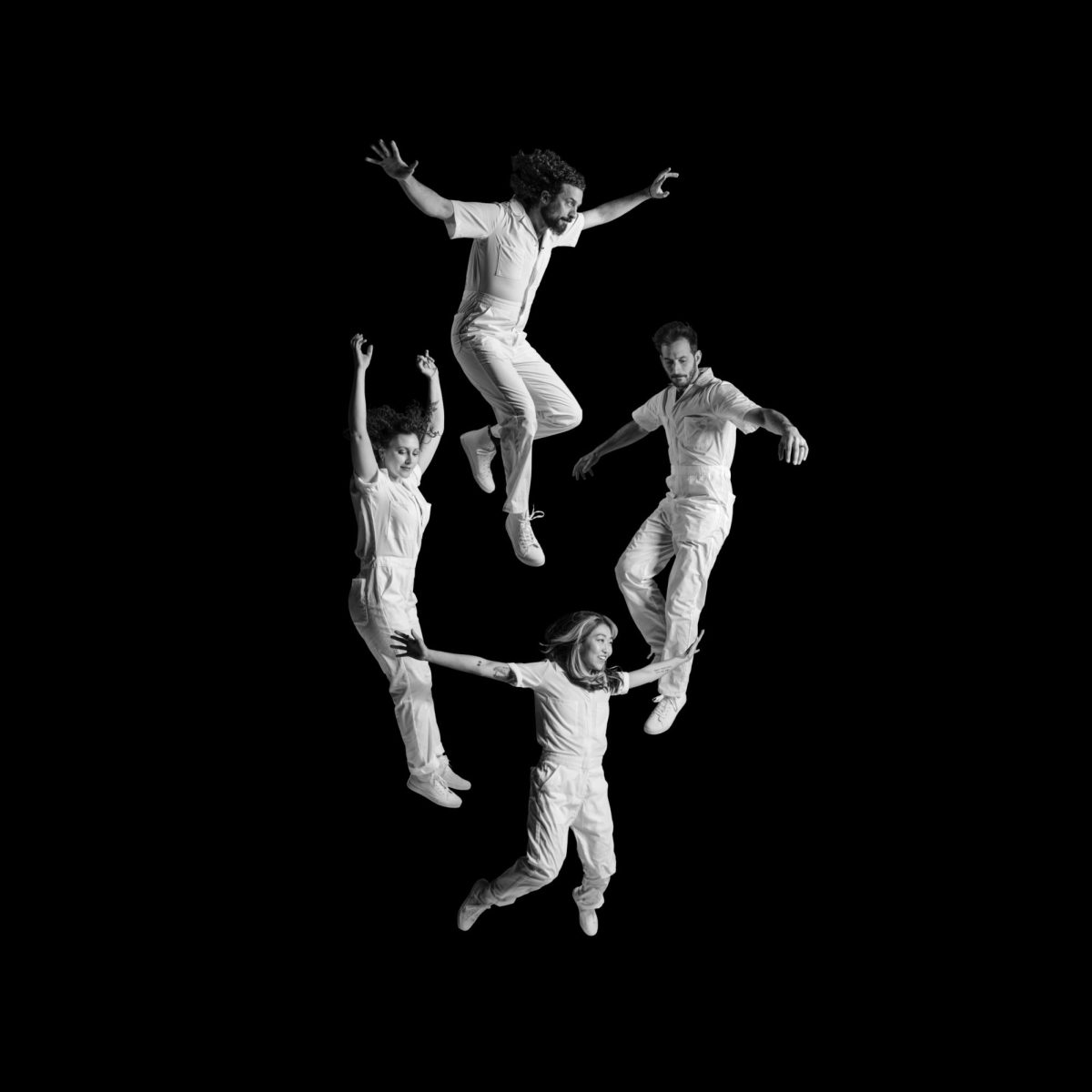-vince__gallery.jpg)
Vicente Cardenas
Stress goes hand in hand with being a college student. Seeking higher education is a full-time job itself. Unfortunately, most students can’t focus solely on their studies as they juggle work, school and other commitments. Stress factors like those listed increase levels of stress and damages the quality of work produced.
Associate Professor Dr. Mary McNaughton-Cassil is an expert on stress management and teaches a class on it at UTSA. She says that one major hurdle for students is that they enter college with a pre-determined dream job in mind. They push themselves toward this particular dream career without trying other majors. Sometimes students switch majors a year or two into their college career when their dream doesn’t work out, thus prolonging the time they spend in college. It can be difficult to admit to yourself that your life will not work out exactly how you planned.
“We don’t always make choices that benefit us in the long term. We eat the chocolate,” said McNaughton-Cassil.
UTSA Senior Jordan Rabb started down the pre-med career path by majoring in Biology during her first few years in college. Eventually, she changed her major to English, but kept her dream of being a doctor alive by minoring in Biology.
“The English department rescued me from a college career filled with binge eating and hair pulling,” Rabb said. “Switching majors, not career choices, can be stressful. Thankfully I’ve got support from my family. They are a rock solid place that I know will always be there.”
A large portion of students at UTSA come from families without a college graduate. This contributes to stress because parents want to help but don’t know how. “Many students are first generation so balancing is hard,” Cassil said. “UTSA is the ultimate diverse community, but that also can set up some stressors.”
One bad habit that seems to be a reoccurring theme with college students is not getting enough sleep. Sleep deprivation can degenerate cognitive skills and can make life difficult.
“Students think they can get away with sleeping less but it cuts down on concentration skills,” Cassil said.
Senior English major, Alysia Anderson can attest to that. She reveals that her life becomes more stressful when she gets less than eight hours of sleep. “I do believe it adds to my stress,” says Anderson. “When I’m tired I can’t focus on much of anything.”
“Sleep is so important that when I don’t get enough rest, I really feel the impact,” Rabb conceded. “I lose my patience, which adds even more stress. No sleep equals more stress.”
How do UTSA students relieve their stress? McNaughton-Cassil revealed that they use superstitions or “little rituals” that give them a sense of control.
“I tend to indulge myself with chocolate tasting before praying,” Rabb confessed. “Yoga is a great stress reliever, but prayer is my number one.” Rabb isn’t the only one who turns to prayer in order to relieve stress. Anderson’s stress-relief list included praying along with reading and writing.
Another stress related problem for students is neglecting to ask for help as much as they should. If students don’t ask for help with the subjects they’re struggling with, then they create unnecessary burdens for themselves.
“As students you can’t possibly know how to study for every subject. Would you play a sport and not get coached?” Cassil questioned. “People don’t go to tutoring until they are beyond distraught. College is hard — life is hard and we should talk about it. We need to reconfigure and reassess our goals.”
Perspective is a big part of stress management as well. “You’ve got to think about what’s setting you up,” Cassil said.
“You can get a C and think ‘I’m a failure’ or you can decide to sleep and study more. How you go forward is what matters,” says Cassil.






